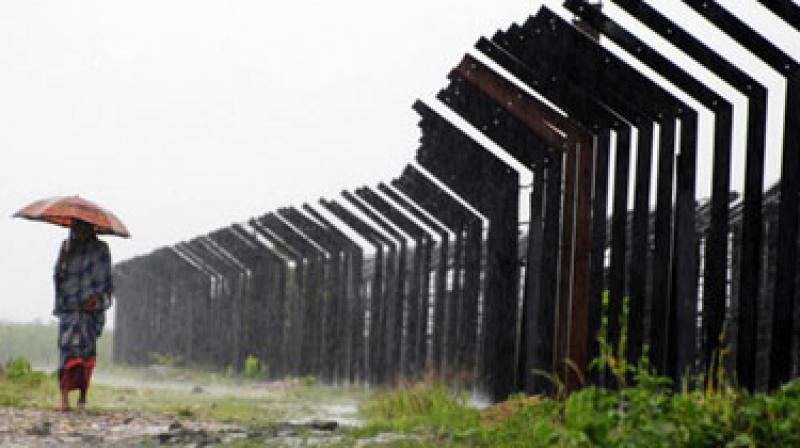Assam: Panel finds massive transfer of land ownership to doubtful citizens

Guwahati: When political leadership of Assam kept indigenous people of the state busy for last several decades with slogan-shouting against the influx of Bangladeshis, a nexus of corrupt bureaucrats and politicians facilitated massive transfer of land ownership among the doubtful citizens of the state, leaving hundreds of indigenous population landless in Assam.
This has not only threatened the safety, security and very identity of the indigenous communities of Assam, but also the very entity of the state.
This has been pointed out in the interim report of the Committee for Protection of Land Rights of Indigenous People of Assam, which was appointed by the BJP-led government. The report was submitted earlier this week.
The panel, in its report, has also pointed out that no land survey and settlement operation was carried out in Assam according to the provisions of the Assam Land and Revenue Regulation, 1886, since 1964.
The committee, headed by former Chief Election Commissioner of India HS Brahma, has also stressed the need for expediting the process of digitisation of the revenue records and recommended that the process should be completed by March 31, 2018.
It also pointed out that over the years, the Assam government has failed to discharge its statutory obligation of conducting survey and settlement operation at fixed intervals, which has resulted in hardship to the stakeholders, particularly the indigenous people of the state.
The report said that non-renewal and non-partition of the joint pattas caused serious problems for the common people. Non-partition of the joint pattas deprives the people from enjoying the rights and privileges of land owners.
The committee noted that thousands of indigenous landowners are yet to get pattas even after 53 years of completion of the last land survey and settlement operations, and there is no plausible reason for not conducting regular settlement operations.
It observed, “The principal factor causing galloping changes in the demographic composition of Assam is the unrestrained infiltration of illegal Bangladeshi migrants through the open Indo-Bangladesh international borders. These Bangladeshis like swarms of ants have spread in every nook and corner of Assam and grabbed land wherever any vacant government land – be they khas/waste land, reserved forest land, village grazing reserves (VGRs) or professional grazing reserves (PGRs), char lands or water bodies or hills, tribal belts/blocks or satra land – is available.”
The committee, in its recommendation, has suggested that the survey and settlement operations should also include the tea gardens to ascertain issues like the total area of land issued to individual gardens, total area of land under the possession of the gardens, actual area under tea cultivation, demarcation of the boundaries, whether the area in possession of the garden is used for growing any other crop or any other purpose other than tea plantation, whether any government land is encroached by any tea garden, whether the original lease of the gardens are still valid or expired, etc.

